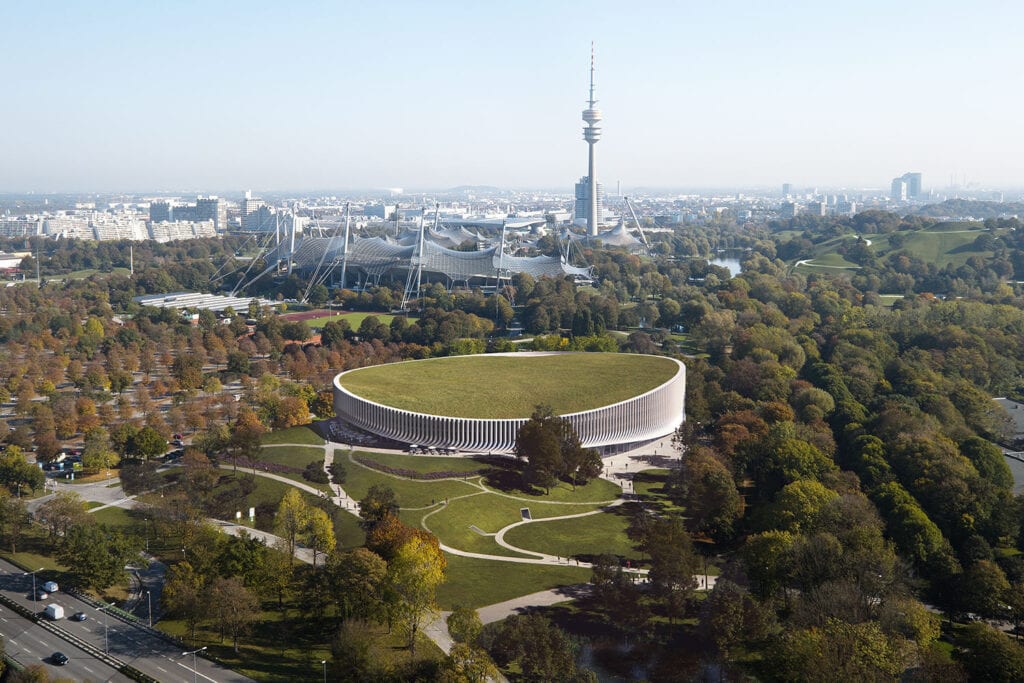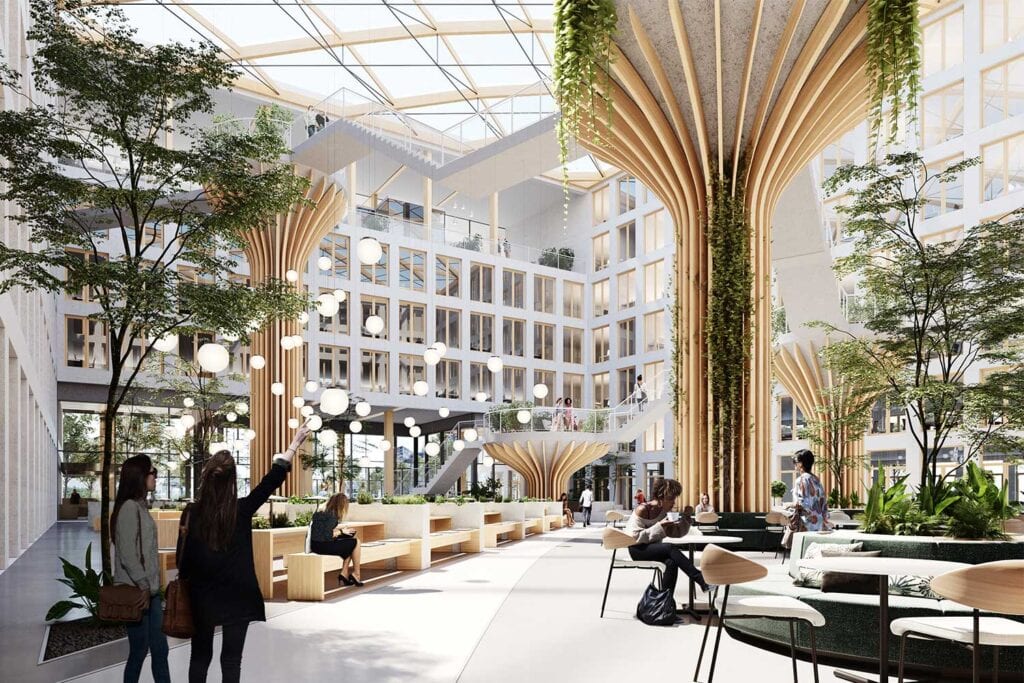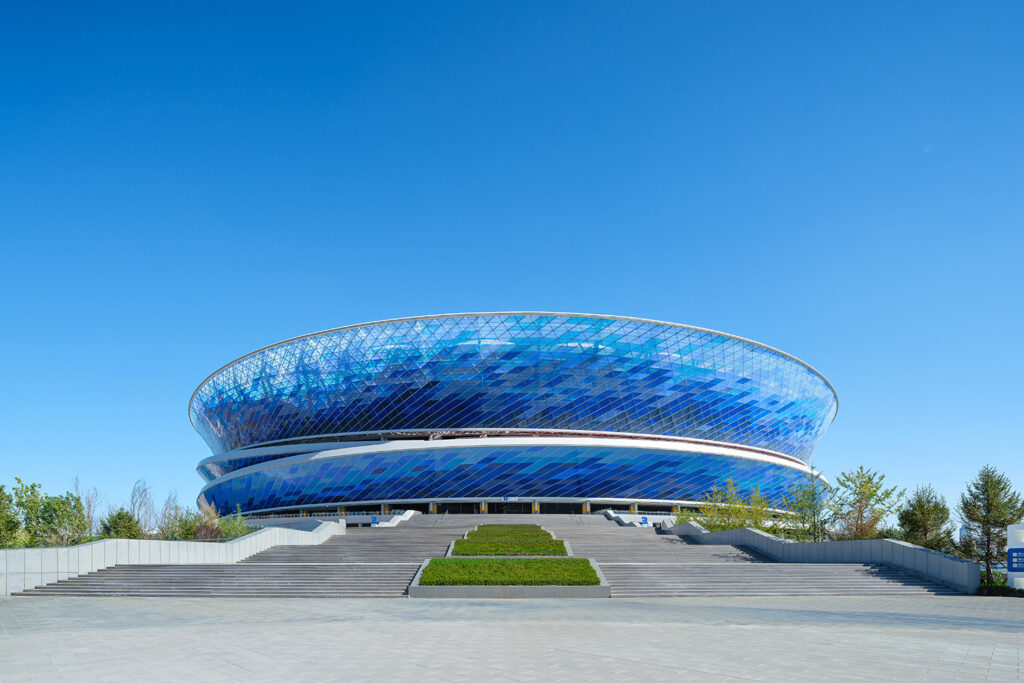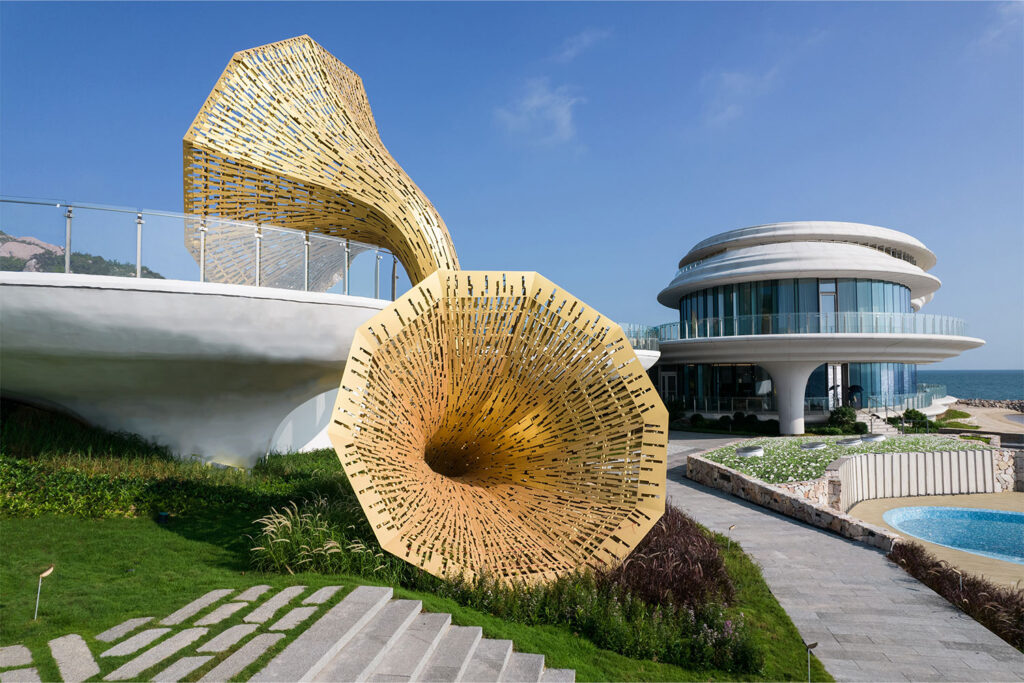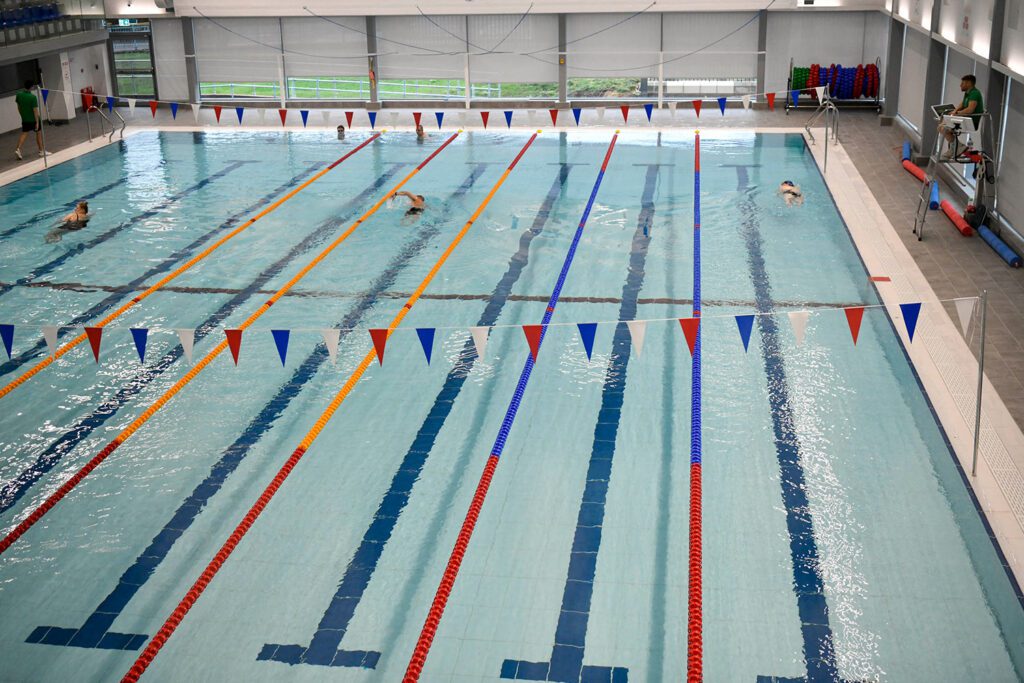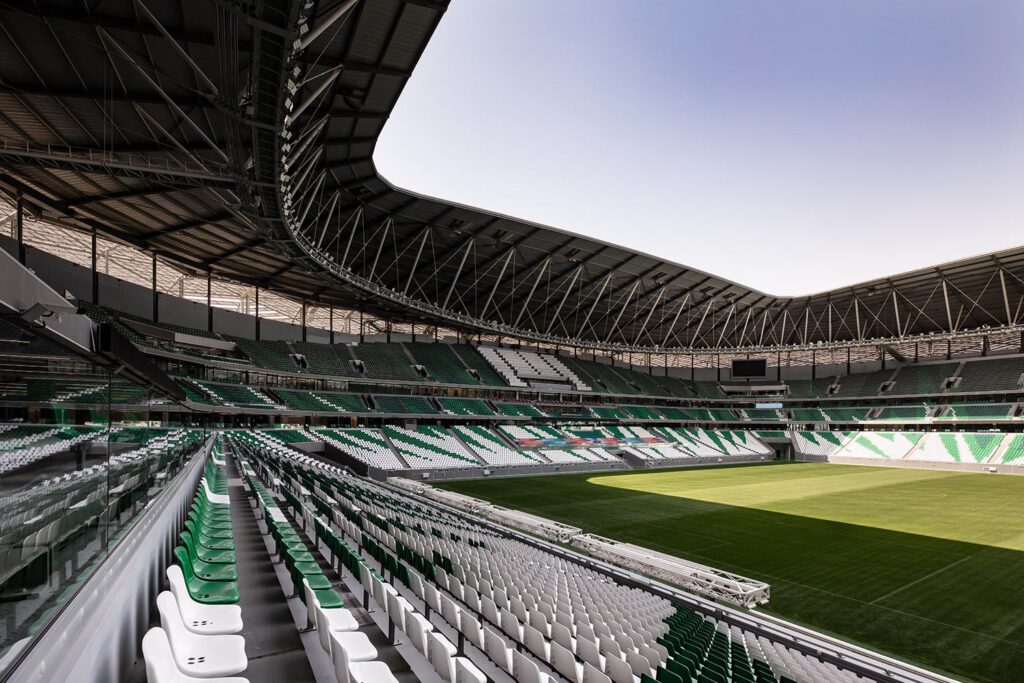The case for a Berlin Olympic bid
Berlin has numerous sports facilities that could be continuously developed with a holistic sports strategy, and as part of an Olympic bid, for the benefit of the city and its population. We look at the long-term benefits such a strategy would bring to Berliners of all ages beyond an Olympic bid in terms of health, inclusion and a sustainable investment in the city’s infrastructure.
The commitment to the bid process to host the Olympic Games is a generation defining decision for any city. It is often a political decision that requires commitment from numerous stakeholders and medium to long-term planning. It also requires a substantial investment of time, resources and finances to enable participation in a bid process, with only a modest success rate of being awarded the status of host city.
Even if successful, being given the privilege to host the Olympic Games is just the beginning of what is often a 10-year journey that culminates in two brief events – The Olympic Games and the Paralympic Games. Historically, too little time is invested in the right structured approach to the pre-bid and hosting phase, and far too little consideration is given to the time after the Games have finished – the legacy period.

Recent press reports have highlighted that Berlin should consider a bid for the Olympic Games to take place towards the end of the next decade. The city last submitted a formal bid to host the 2000 Games and Germany last hosted the Olympics in 1972 in Munich.
Interestingly, the 2000 bid was in full swing when Buro Happold established its Berlin office in the early-mid 1990s. The enthusiasm at the time was contagious, albeit with mixed support across a city that was just beginning its journey of unification. On reflection, there was a conflict of needs between the city and sports administrators that confused the vision and argument to host such an event.
The approach to bidding has significantly evolved in the intervening years and the 2012 London Olympics, for which Buro Happold was a strategic supporter to the bidding team, set new standards. A far stronger emphasis was placed upon the bid to demonstrate the opportunity for urban, social and commercial development around the potential location of an Olympic Park as well as other key locations across the city and beyond.

In addition, the idea of longevity and Olympic legacy were new concepts firmly embedded in the overall proposition and subsequent planning. Although there was a significant focus on the sporting events during the summer, the 2012 Olympics became a sustainable 40-year project that continues to make a positive impact on multiple generations.
In the light of these benefits, we believe Berlin should start to plan now to be seriously considered as host for the Olympics Games towards the end of the 2030s because sport is the ideal catalyst to unite a multitude of stakeholders around an agreed and ambitious vision for the city.
Even though it may not be clear which Games should be the aim for a bid, we believe the city and the associated stakeholders should initiate and commit to a long-term vision founded on sport and all its holistic benefits. This would enable the city administration and its associated network of stakeholders to establish longevity into planning and deliver high-value returns in terms of investments in infrastructure, social and environmental projects.
We established three pillars for the success of such a long-term plan.

Sports as a catalyst for health, wellbeing, inclusivity and equality
Berlin is blessed with significant urban space comprising historic and existing sports facilities. The facilities are well distributed across the city, often in multi-use campuses embedded within urban districts. These facilities require continual investment and governance to oversee their optimal value to the broader communities in which they are located.
It is essential for operators and those responsible (city council, district councils and sports associations) for their upkeep and operation to plan holistically and together to provide facilities that promote elite as well as grassroots sports.
The value of sport is unprecedented in terms of education, equality, and the promotion of values against which a city wishes to be measured. Ensuring and encouraging accessibility to affordable sports for all parts of society will pay back in a more inclusive, healthier, better educated and engaged society.
The long-term development and investment needed for such facilities need to align with the broader aspects of an Olympic Games. Therefore, by ensuring each location and all stakeholders work together, the city can avoid responding to the short-term needs of the Games, which could become expensive white elephants once the games are over and over time develop a portfolio of flexible but high-performance facilities that have long-term value.
Improved public infrastructure needs financing but will drive a city’s liveability and attractiveness. It is essential such investment does not lead to gentrification and exclusion of a segment of society that cannot afford to engage. We see it as essential that Berlin implements policies to ensure accessibility to all sections of society.

Sport as a platform for investment in city infrastructure
Infrastructure can be expensive to build, operate and maintain and requires long-term planning and approval programmes. Therefore, developing a long-term plan that supports ambitions to promote elite and community sport is a helpful platform for any city, regardless of its ambitions to host Olympic Games.
Mobility trends are changing rapidly so the facilitation and provision of affordable public transport is essential. For sports campuses to be accessible and available to a full cross-section of a city’s population, they must not only be connected to public transport networks on a day-to-day basis, but these networks must also be adaptable to accommodate large numbers of spectators of key events.
Low or zero-emission energy provision is the basis for the zero-carbon agenda. Waste and logistics as well as the engagement of service providers are all relevant themes that require integration into a broader strategic infrastructure plan.

Response to climate change – the carbon neutral games fuelled by sport
A successful global event must be planned to take future global trends that will significantly impact our cities and natural environments into account. Inclusion, equality and accessibility to enable participation from all sectors of society are now mandatory components of a modern global sports event.
We believe, the energy revolution and the German government’s associated environmental agenda will provide motivation to invest in and develop an ecosystem of academia, research, social development programmes and a world-class network of companies that are responding to the opportunities and needs created by the need reverse the negative impacts of climate change.
With this as a strong economic driver, German industry can demonstrate that a low-carbon economy is not just essential, but it can provide the basis for economic democracy across society. Why shouldn’t these Olympics showcase a future-proof city that is able to grow for the Games, while being accessible, clean, safe and aware of its social responsibilities?
There are of course many more aspects to hosting Olympic Games. Berlin is not just Germany’s capital, but it is also just one part of a thriving region Berlin Brandenburg that forms an economic and social ecosystem. In addition, the ambition and programmes described in this paper require a long-term financial model resilient to the global uncertainties associated with economic cycles outside of a city’s control.
That is why a vision that excites and engages the whole population, a broad political spectrum and all sporting organisations is so important. This for many goes far beyond the political or symbolic motivation of hosting a global sports event prevalent in the 1980s. We believe Berlin should develop a compelling vision that takes its citizens on a journey that can proudly bridge generations and build a lasting sports-based legacy for this wonderful city.
